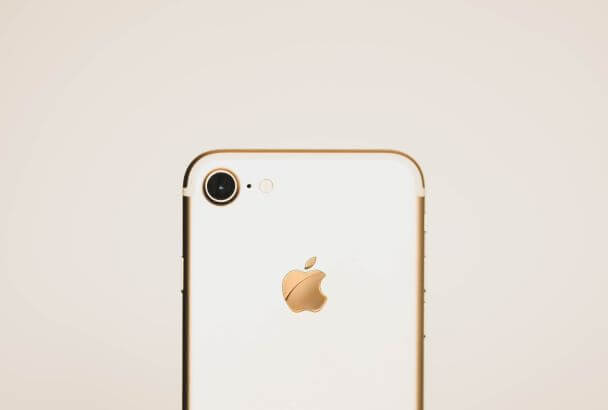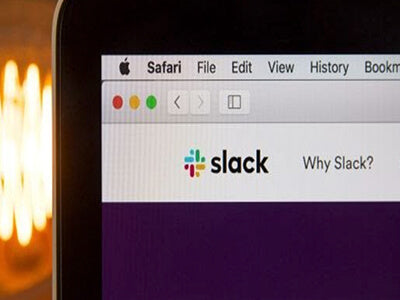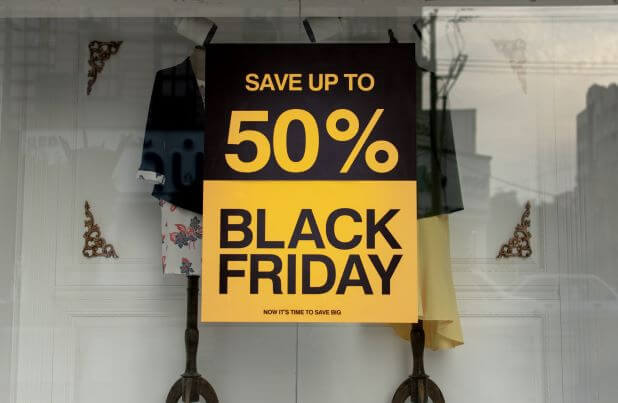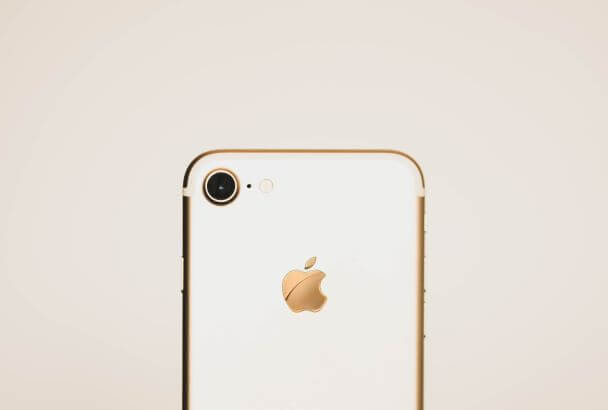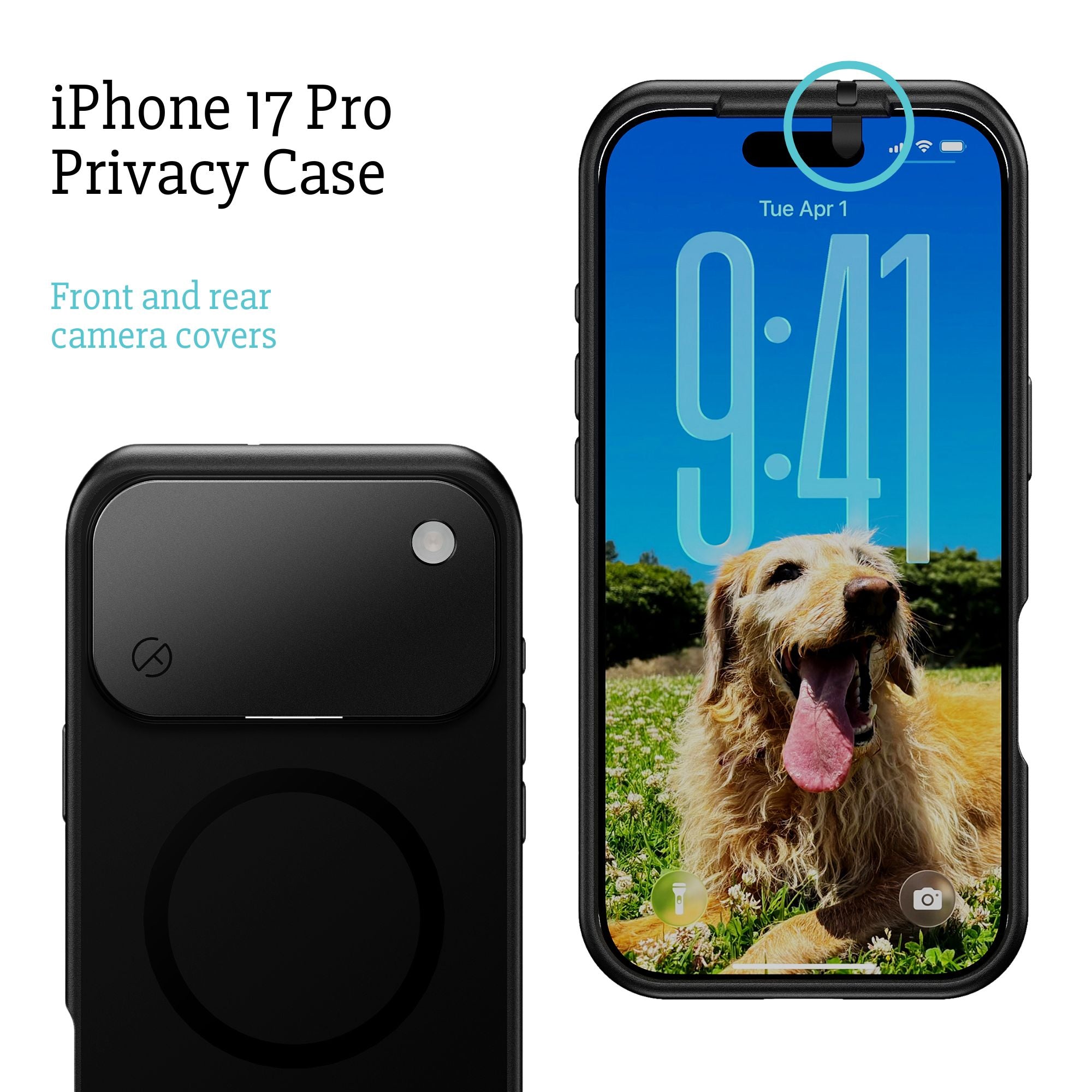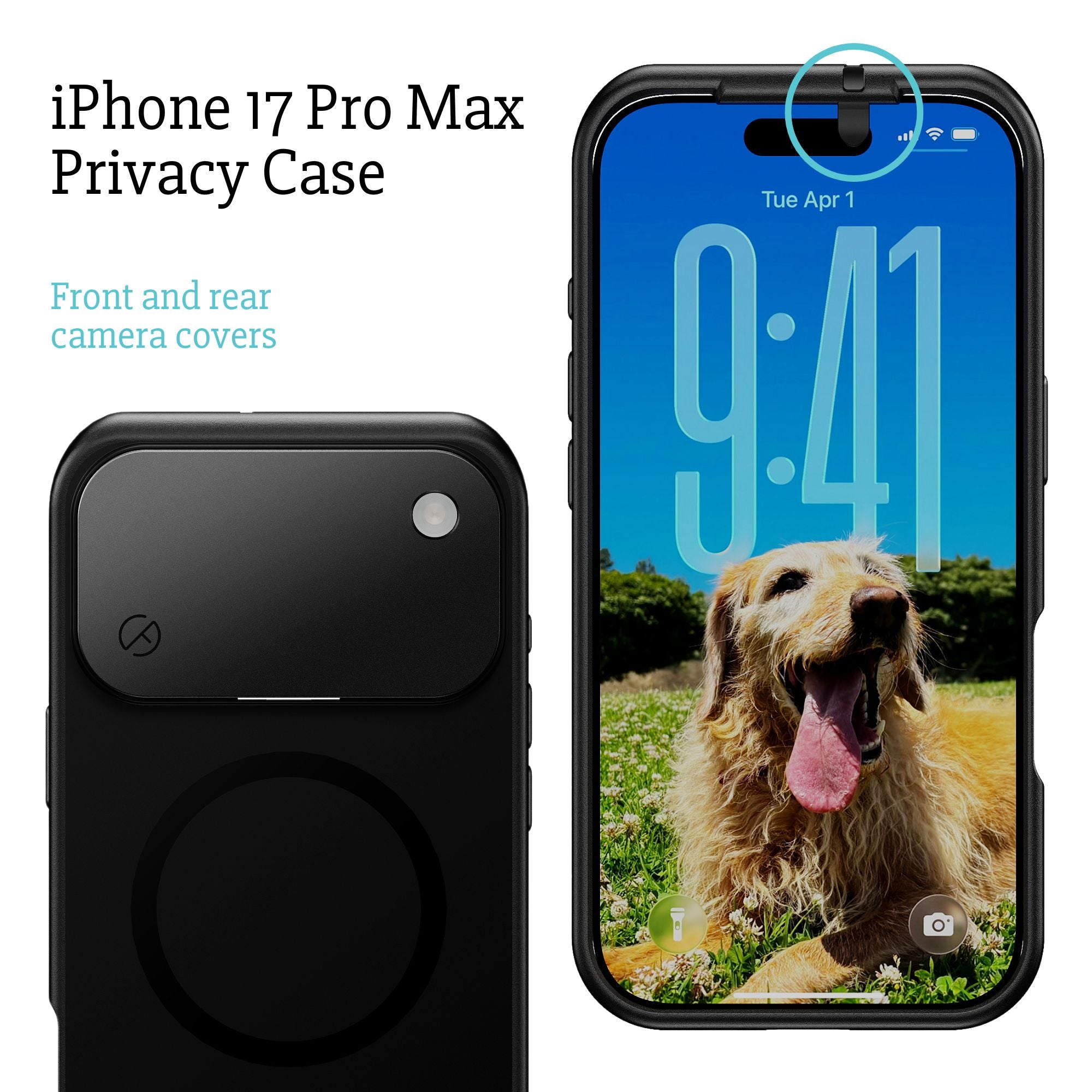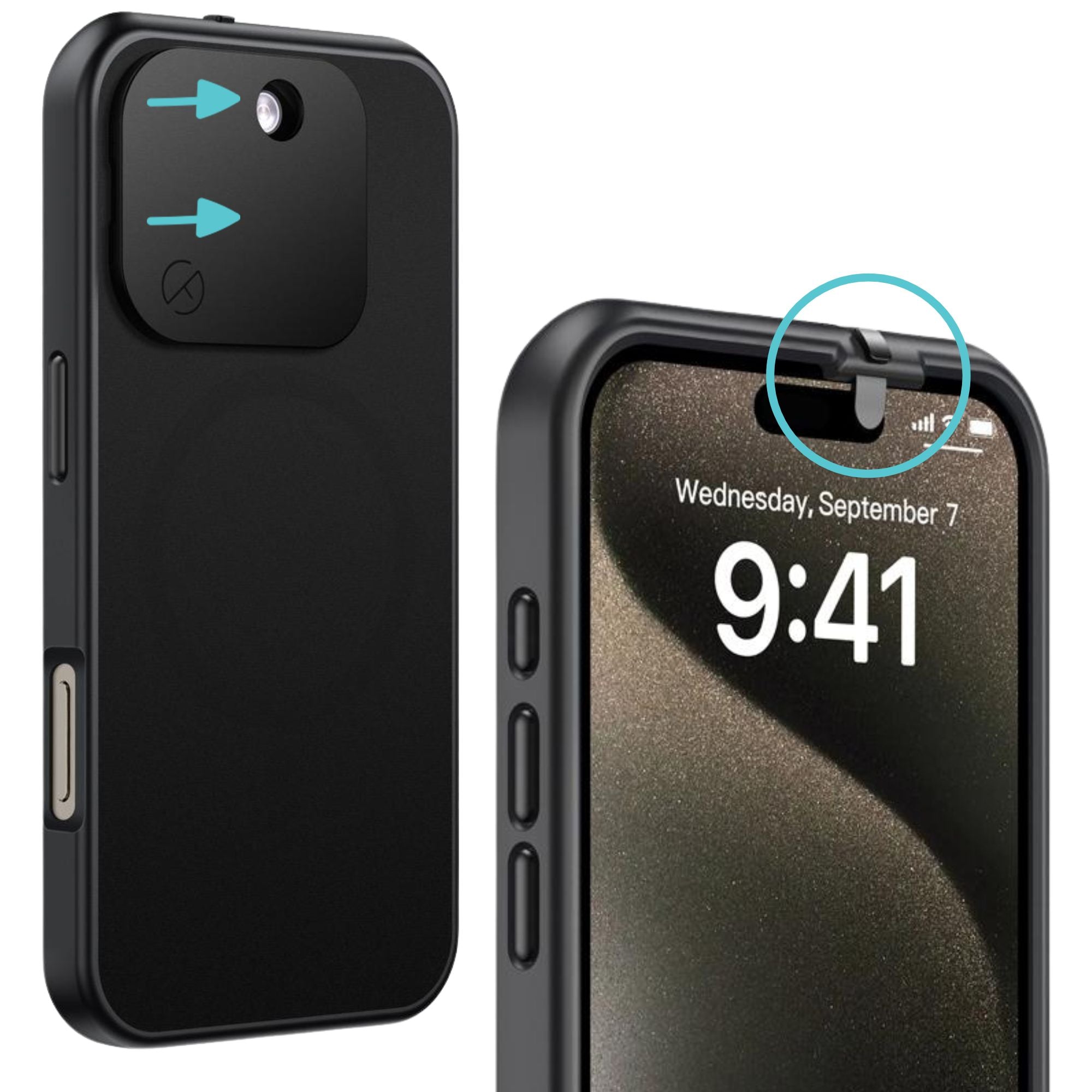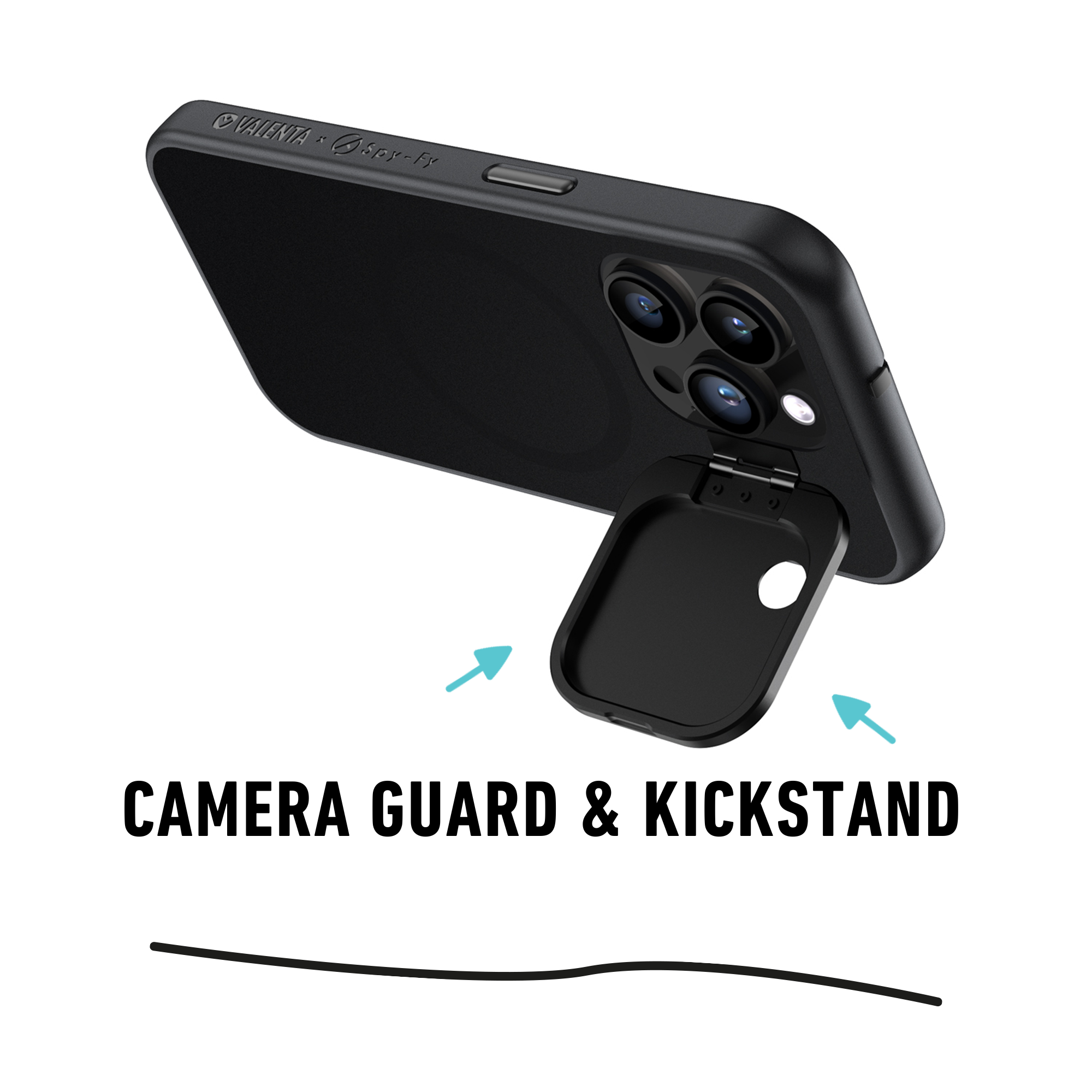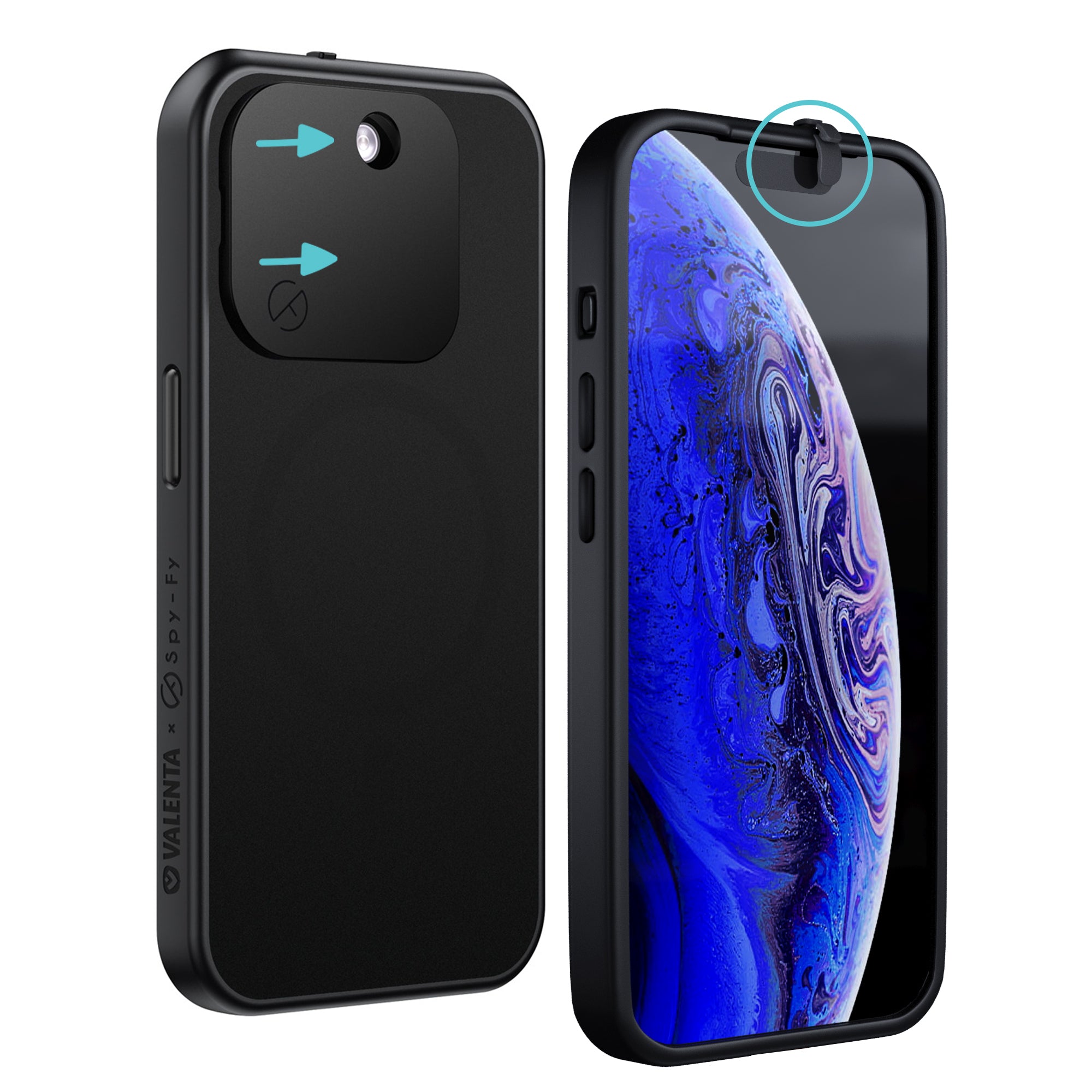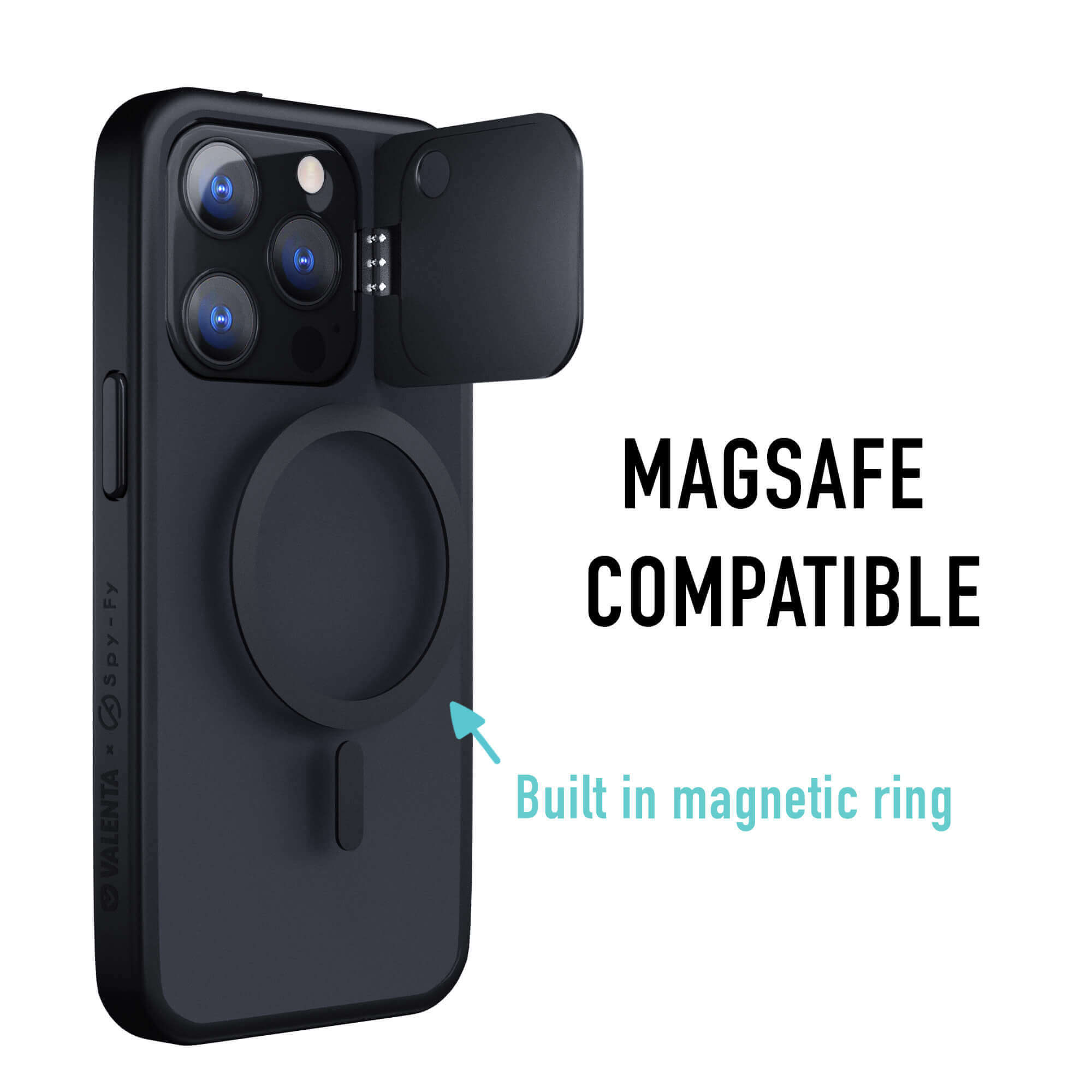Webcam hacking is a known privacy problem for laptops and pcs. However, iPhone cameras may also be susceptible to “camfecting” or camera hacking. Camfecting refers to when a hacker remotely controls the camera on your device, states David Cook, a Computer and Security expert, in an article for The Conversation. Cook suggests covering up unsecured cameras on all of your devices, including your smartphones and laptops.
Can someone hack your iPhone camera?
Statista reports that there are over 100 million iPhone users in the U.S., meaning that the iPhone is the smartphone-of-choice for approximately 45% of all smartphone users in the United States. Questions about privacy and security are increasingly important when considering a device that keeps millions of people connected every day. Many of us may bring our iPhone with us everywhere we go, from the bathroom to the bedroom. If someone hacked your iPhone, imagine what they could see.

Ethical hacker proves that an iPhone camera hack was possible.
According to Forbes, an ethical hacker, Ryan Pickren, found vulnerabilities that could allow iPhone cameras to be hacked. Essentially, Pickren found vulnerabilities in Safari that could allow unwanted access to an iPhone camera if a user was tricked into visiting a malicious website. “A bug like this shows why users should never feel totally confident that their camera is secure,” said Pickren, according to Forbes. Pickren informed the Apple Bug Bounty Program of his findings so that these vulnerabilities could be fixed.
How can you protect yourself from iPhone camera hacking?
In order to have peace of mind, follow these steps to protect yourself from unwanted camera espionage on your iPhone.
- Adust your privacy settings
- Get a case that covers up the cameras.
How to adjust your privacy settings for your iPhone cameras
To start protecting yourself, you can begin by revoking camera permission to apps that do not need it. To do this:
First, go to “Settings”. Then, click on “Privacy”. Under “Privacy,” you will find the option “Camera”. Click on “Camera”. Under your camera privacy settings, you will see all the apps which have requested permission to access your iPhone cameras. You can slide the toggle to revoke permission.
A recent article by Consumer Reports emphasizes the risks posed by our smartphones “there is a real, if remote, risk that hackers could take control of your devices’ cameras and microphones”. The article suggests that those wishing to increase their personal security should adjust their privacy settings and use video calling apps in a web browser instead of installing the app.
Basically, adjusting your privacy settings and only using video calling apps in your web browser allows you to limit the vulnerabilities you have from apps that already have permission to access your camera. However, this does not account for other potential camera hacking techniques. Therefore, covering up your iPhone cameras is a hands-on solution to protecting your privacy. Consumer Reports suggests covering up your camera with a physical barrier such as a piece of tape. Spy-Fy and Valenta designed a more elegant solution than a piece of tape for those wishing to up their privacy.
Benefits of an iPhone Privacy Case
Our iPhones act as silent observers to life’s everyday moments. But, there are some moments we’d rather keep to ourselves. For example, consider how often people text on the toilet. In our most private moments, covering up your iPhone camera can give you peace of mind that there isn’t someone peeping in on your business while you do your business. The iPhone Privacy Case has handy camera covers that prevent camera hacking.
Currently, this case is suitable for the latests iPhone’s
iPhones have front cameras and back cameras. So, covering both front and back cameras is important for reducing potential hacking vulnerabilities. The iPhone 11 camera cover obscures your iPhone’s camera, turning the lights out on would-be hackers. The iPhone 11 front camera cover keeps you secure when you’re done taking selfies or using Face ID. Check out the easy-to-use slide camera cover in the image below:

Best of all, the iPhone Privacy Case does not limit your iPhone’s functionality. You can still use your flashlight while the cover is in place. Face ID is also easily accessible with a simple slide of the cover. You don’t have to sacrifice style or functionality with this case, two major benefits. Check out the iPhone Privacy Case here!
Why use an iPhone 11 Privacy Case instead of a webcam cover or piece of tape?
Sure, a piece of opaque tape could cover up your camera. However, this solution isn’t very practical or elegant. For one, a piece of tape would have to be constantly reapplied and looks tacky. A regular webcam camera cover also isn’t ideal. First of all, most webcam covers are designed horizontally because that fits the orientation of webcams on computers and laptops. But your iPhone has a different camera orientation, so a regular webcam cover would block other sensors on the iPhone. This could prevent you from using features like your flashlight or easily accessing your front camera for a selfie. Consequently, using an iPhone 11 case with camera cover is a practical and stylish solution.
Lastly, the benefit of investing in a case is that it can protect your privacy and protect your iPhone from damage. Most of us drop our iPhones from time to time, so having a case that protects your iPhone from damage and camera hacking takes care of two problems at once.
